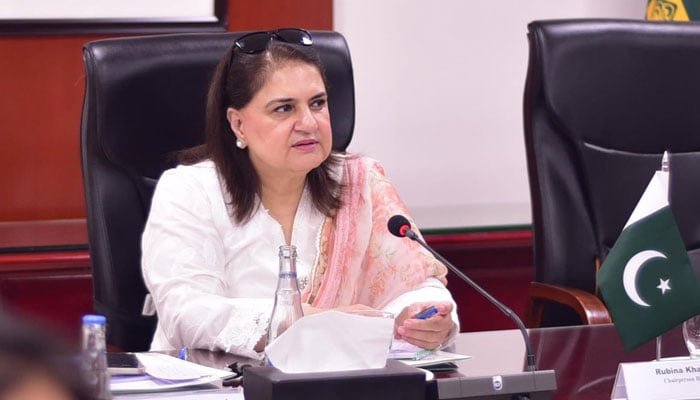The Benazir Income Support Programme (BISP) is taking a significant step towards long-term poverty reduction with the launch of the Benazir Hunarmand Programme (BHP), a groundbreaking skills development initiative designed for BISP recipients and their families.
BISP Chairperson Senator Rubina Khalid and Secretary Amer Ali Ahmad recently convened a high-level workshop to discuss the program. This workshop brought together members of the “Friends of BISP” platform, including representatives from Chambers of Commerce and Industry, development partners like the WFP, WHO, and GIZ, as well as prominent NGOs and INGOs. The initiative was met with enthusiasm and strong pledges of support, with commitments to provide employment opportunities, internships, and industry connections for BHP graduates.
President Asif Ali Zardari is scheduled to officially launch the Benazir Hunarmand Programme on June 21, 2025, coinciding with the birth anniversary of Shaheed Mohtarma Benazir Bhutto. Bhutto was a lifelong advocate for dignity, empowerment, and social justice. Senator Rubina Khalid emphasized that BISP is evolving from a provider of financial aid into a powerful engine for empowerment. “Through the Benazir Hunarmand Programme, we are equipping people with the skills they need to succeed in the job market and live independent, dignified lives,” she stated. “As Shaheed Mohtarma Benazir Bhutto believed, skill is your true asset.” The program will also support artisans, connecting them with markets and buyers to help them sell their handcrafted goods and transform their skills into sustainable livelihoods. Secretary Amer Ali Ahmad underscored BISP’s dedication to inclusive, people-focused development and highlighted the importance of ongoing collaboration with stakeholders to ensure the program’s success in creating genuine opportunities for beneficiaries.
The Benazir Hunarmand Programme aims to leverage skill development as a means to help individuals escape poverty and achieve economic inclusion. Demonstrating a strong commitment to gender equality, the program stipulates that 50% of all trainees will be women. This initiative signifies a transformative evolution in BISP’s mission, shifting its focus from providing immediate assistance to fostering long-term resilience.


